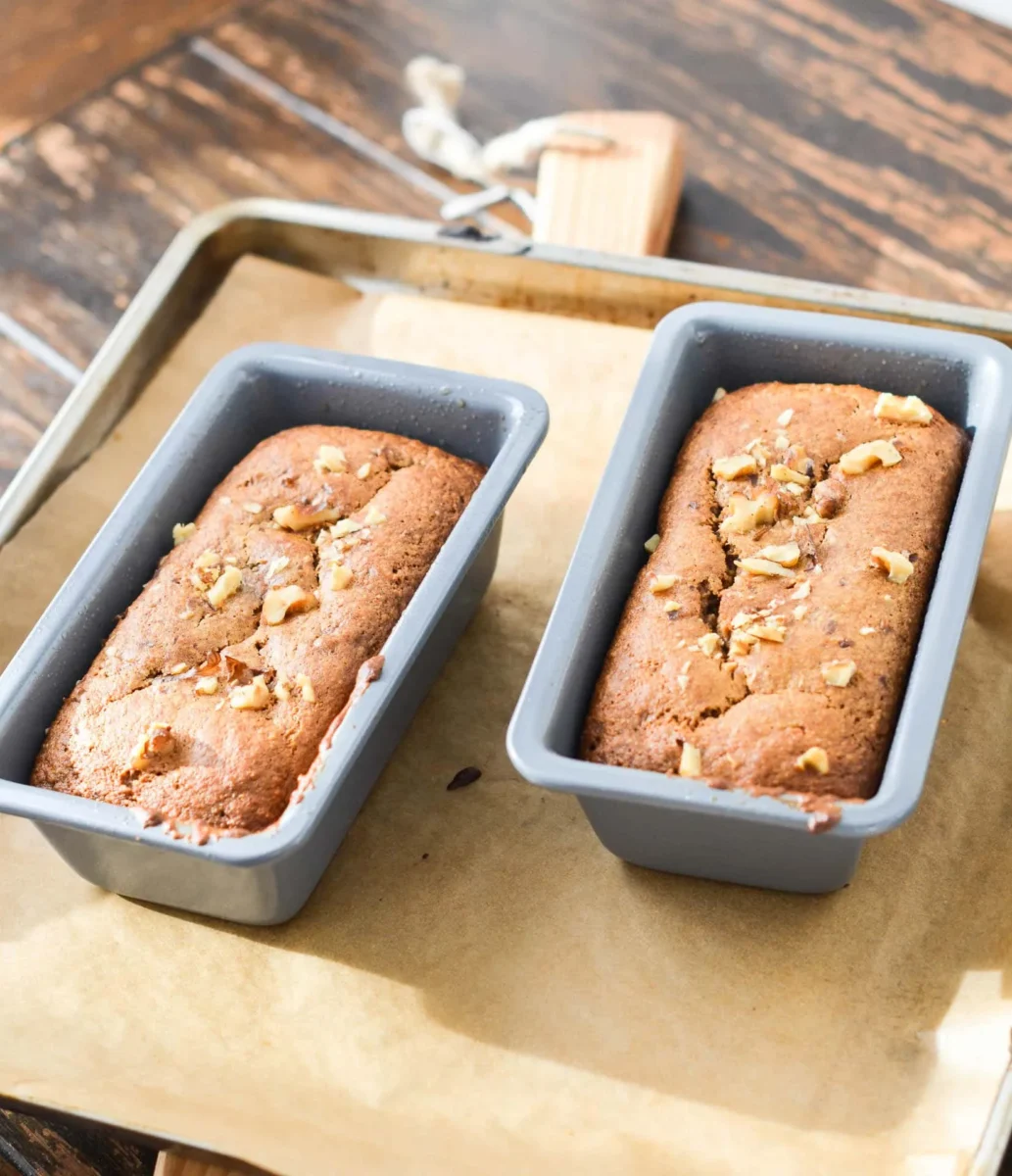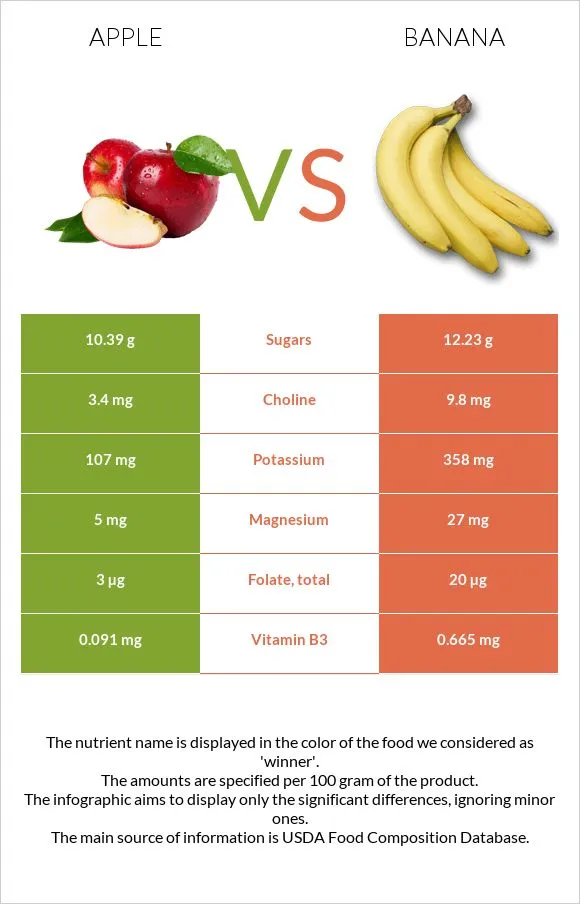Do Bananas Need to Be Washed? All You Need to Know
Bananas are a staple fruit in many households, but have you ever wondered if they need to be washed? While some people may assume that the thick peel protects the fruit inside, there are still potential risks to consider. In this article, we will delve into the topic of whether bananas need to be washed, and explore related subjects such as the reasons people wash fruits and vegetables, potential risks of not washing bananas, and proper washing and storage techniques. Whether you’re a banana enthusiast or simply looking to learn more about this topic, read on to discover everything you need to know about whether bananas need to be washed.
Why do people wash fruits and vegetables?
Have you ever wondered why people wash fruits and vegetables, especially bananas? Well, the answer may surprise you. While bananas have a thick skin that protects it from some contaminants, they still need to be washed before consumption.
Firstly, washing fruits and vegetables removes dirt and debris that may have accumulated on them during transportation or storage. These contaminants can carry harmful bacteria that can cause foodborne illnesses. By washing your produce thoroughly, you reduce the risk of ingesting these harmful bacteria.

Secondly, washing fruits and vegetables also removes any pesticide residue that may be present on their surface. Pesticides are chemicals used to kill insects or other pests that damage crops. Even if pesticides are deemed safe for human consumption by regulatory bodies such as the FDA, it is still recommended to wash produce before eating them.
Furthermore, washing fruits and vegetables can also help remove any wax coating that may have been applied to them for preservation purposes. This wax coating is not harmful per se but removing it can improve the overall taste of the produce.
In conclusion, while some people might think that bananas don’t require washing due to their thick skin protective layer; however thorough washing is important in order to remove any contaminants or pesticides residues which could lead towards serious health issues over time . It’s always better to err on the side of caution when it comes to consuming healthy foods!
Do bananas need to be washed?
Are you one of those people who just grab a banana and start peeling without washing it first? You may want to reconsider after reading this.
While bananas do have a protective peel, they can still carry harmful bacteria on their surface. This is particularly important to consider if you’re eating the banana raw or using it in a recipe without cooking it first.
But how should you wash your bananas? Simply rinsing them under water may not be enough. It’s suggested that you use a gentle scrub brush to clean the skin thoroughly, especially in any crevices or bumps where dirt and bacteria can accumulate.
Additionally, if you plan on using the peel in your cooking or baking (such as for banana bread), make sure to wash it well before slicing or grating.
So, do bananas need to be washed? The answer is yes, for optimal safety and hygiene. Don’t let those delicious fruits fool you into thinking they don’t need cleaning before consumption!
The potential risks of not washing bananas.
While bananas may seem like a simple and harmless fruit, the potential risks of not washing them cannot be ignored. As consumers, it is important to be aware of the potential dangers lurking on the surface of our favorite snack.
One risk of not washing bananas is exposure to harmful pesticides and chemicals used during cultivation. These chemicals can accumulate on the skin of the fruit and pose a threat to human health if ingested over time.

Another risk is contamination from bacteria or viruses present on the surface of the banana. While rare, these pathogens can cause serious illness or even death in vulnerable populations such as children or elderly individuals.
Furthermore, failure to wash bananas before consuming them can also lead to cross-contamination with other foods in your kitchen, increasing your risk for foodborne illness.
In conclusion, while it may seem like an unnecessary step in your daily routine, washing bananas before consumption can greatly reduce your risk for exposure to harmful substances and prevent potential illness. So next time you reach for that yellow fruit, take a few extra seconds to give it a good rinse – your health will thank you!
How to properly wash and store bananas?
Bananas are a beloved fruit for many people, but do you know the proper way to wash and store them? It may seem like a simple task, but there are some important factors to consider.
Firstly, it is recommended to wash bananas before consuming them. This helps remove any dirt or residue from the skin. However, it is important not to soak the bananas as this can cause them to become mushy and lose their flavor.
When storing bananas, it is best to keep them at room temperature until they ripen. Once they reach your desired level of ripeness, you can then move them to the refrigerator. However, it’s important not to store unripe bananas in the fridge as this can halt the ripening process.

« Busting Myths and Mastering the Banana Clip: A Complete Guide to Styling with this Classic Accessory
Decoding Banana Bread: Do You Really Need a Loaf Pan? »
Additionally, if you have a bunch of bananas that are all ripe at once and you cannot consume them all before they go bad, consider freezing them for later use in smoothies or baking recipes. Simply peel and slice the ripe bananas before placing them in an airtight container or freezer bag.
By following these tips on washing and storing bananas properly, you can ensure that your favorite fruit stays fresh and delicious for longer periods of time. So next time you’re enjoying a banana snack or using it in your cooking endeavors – remember these helpful hints!
Check out our other articles to find out even more about banana.
From the potential risks to proper washing and storage techniques, it’s important to take the time to understand the aspects of handling bananas safely. Washing your fruit is one way you can ensure that you are taking any necessary precautions when it comes to food safety. Now that we have covered all of these topics, why not check out our other articles on bananas? Be sure explore more about this subject and find out even more information!

















